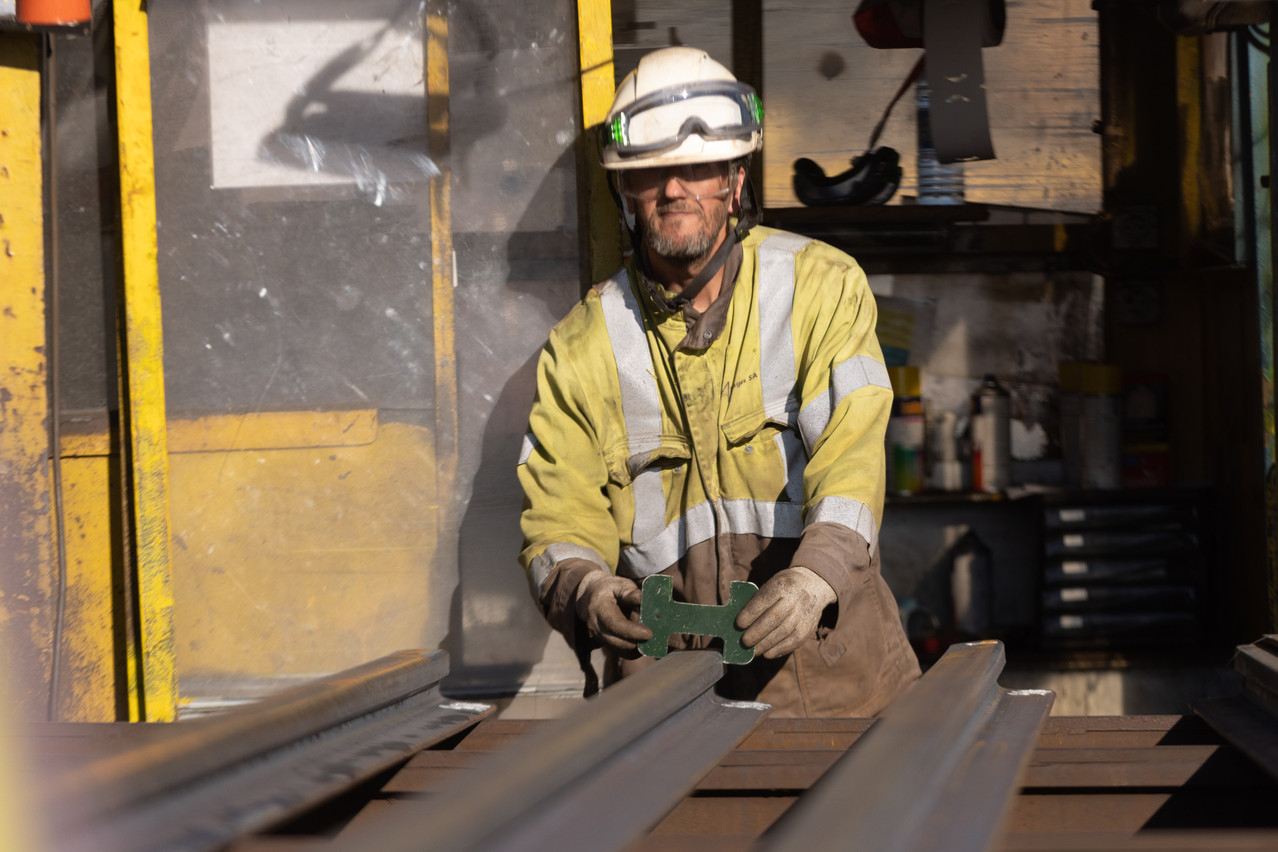765: this is the number of new hires expected in industry over the next two years. The sector’s lobby group, Fedil, published this estimate on Thursday based on its biannual future skills survey, in which 57 companies in the sector participated, fewer than in previous editions.
In 2021, some 62 companies had predicted 817 hires. This figure was already down compared to 2019, when 98 participants predicted 1,400 hires. This year’s figure is the lowest since the launch of the study in 1998.
New job creation
This year again, “the decrease in the number of hirings is explained by the low response rate,” Fedil said. With less than a quarter of industry players (24.6%) answering the questionnaire, this is the lowest since the survey was launched.
Fedil put down the reduced turnout to “the difficult economic context marked by record inflation in Europe, fuelled by the war in Ukraine, and a slowdown in business investment, which has led to a lack of predictability in terms of recruitment.”
The number of companies participating in the survey has decreased faster in two years (-8%) than the number of expected hires (-6.3%). When compared to 2019, expected hires fell more sharply (-45.3%) than the participation rate (-41.8%). “For the participating companies, too, the economic situation and the slowdown in investment are creating a lack of predictability and planning difficulties in terms of recruitment,” Fedil said.
More than half (51.4%) of hires forecast for the next two years will be for new jobs, compared with only 33.66% in 2021, but 55.05% in 2019. “Luxembourg industry remains a net creator of jobs,” the federation said.
45.6% of recruitment in production
In addition to taking the pulse of the industry, the study aims above all to identify what qualifications companies are looking for and is intended to be a “valuable tool, both for young people and their parents and for those responsible for guidance.”
It shows that most of the planned recruitments concern production (349), followed by technical positions (293) and administrative, management and commercial positions (123).
As regards training, the vocational aptitude diploma (DAP) remains the most sought after (44.2%). Next come master and doctorate degrees (19.9%), before the technician’s diploma (12.9%) and the bachelor’s degree (12.5%). The BTS (7.2%) and the baccalaureate (3.3%) remain the least sought after levels of training.
The companies surveyed employ 15,645 people in the food, beverage and tobacco industry, the iron and steel industry, the chemical and para-chemical industry/non-metallic minerals industry and the construction industry (building and public works).
This story was first published in French on . It has been translated and edited for Delano.
